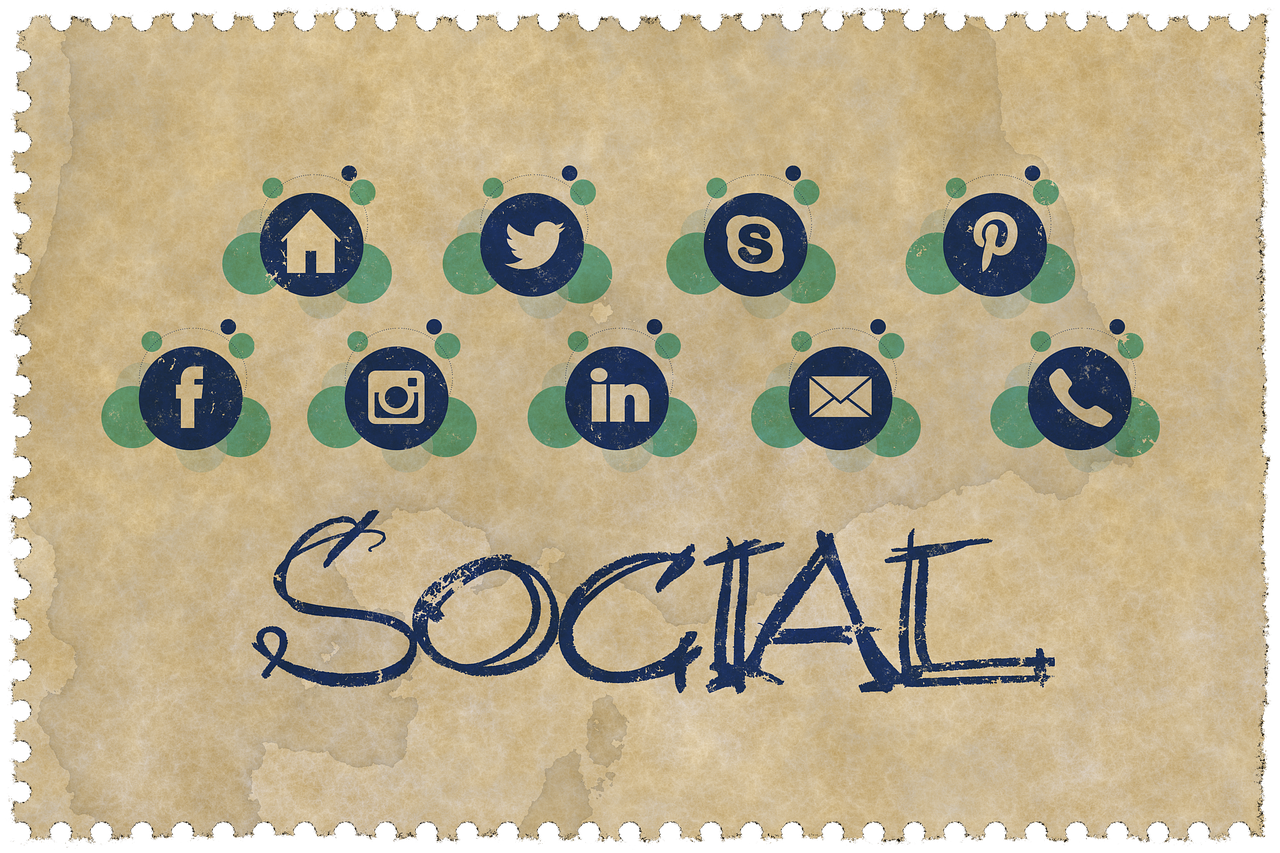Love it or loathe it, it’s impossible to deny the presence of social media in our lives. And right now its presence is being felt even more acutely as we scramble to maintain some semblance of connection with the world outside the walls of our homes.
Beyond a simple sense of connection, beyond the memes, photos of dinners, the rants and trolls – does social media have a place for constructive learning and for professional development?
My personal experience is a wholehearted yes. People are more digitally literate than ever, and technology is end user focussed like never before, so it seems learning through these channels is no longer the confines of the geeks or the millennials; in fact, you might argue that it is the most equal of platforms – having no regard for location, timezone, finances, social demographic or shoes. Access to social media and all the possibilities it offers are close to a human right.
So what does learning via social media actually look like and how might you engage with it?
At its heart it is simply a place of sharing – links to blogs, articles, research, websites. If what you are looking for is information then simply by following the “thought leaders” of your field will open up the latest ideas to you.
It is a place of connection – so do some searching. LinkedIn has groups, Twitter has loose collectives, there are Facebook pages and groups, Instagram influencers. I have connected and exchanged long conversations with people I have never met in real life but we share a common interest in some way, and my learning has certainly been enhanced. [If you want an extreme example of the power of Twitter connections then this TED talk is worth a watch].
We learn through problem solving, so if you pose a question on social media then I guarantee someone will have a view or be able to signpost you to some literature or resources. You could even use the poll function on some sites, although of course be mindful of GDPR and that data collected in that way is only for your own insights.
Another common active learning opportunity is Tweetchats on Twitter. These are run by networks or groups, with the idea being that a collection of people come together at a specified time and all tweet and respond on the same theme, usually structured by a set of short questions. They can be a fast-paced and energising way of having online “discussion”, sharing viewpoints, resources and ideas. They are collated by all contributors using the same hashtag so tweets can be found; often these are also pulled together afterwards in a curated conversation using Wakelet or similar. There are lots out there – search on twitter for topics or groups. I contribute to a monthly chat with HE colleagues across the country on topics related to coaching; #CoachingHE. Our next session in Monday 6th April 4-5pm – do join us if you would like to experience it, even if just as a watcher. This Tweetchat is around the theme of Stories – the ones we tell ourselves, so it should be fascinating.
A more recently emerging trend is #WorkingOutLoud which uses social media excellently. This rails against previous ways of sharing ideas and content in a protected business model format – if you want someone’s thoughts you had to wait until they were fully formed, and then they would charge you for the privilege. #WorkingOutLoud is a different approach – sharing your working and thinking as you go along, so that others might contribute. It is narrated social collaboration. This is a great article explaining more.
So even if you are a hardened cynic about social media I would encourage you to at least visit occasionally and see if it might offer you something.
Juliet Flynn, Organisational and People Development Advisor
 People, Culture and Inclusion
People, Culture and Inclusion Juliet Flynn
Juliet Flynn 536
536


